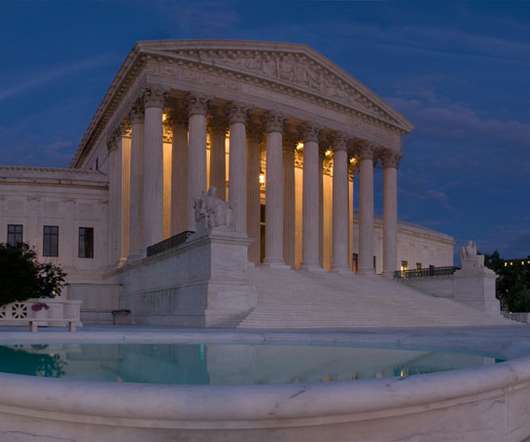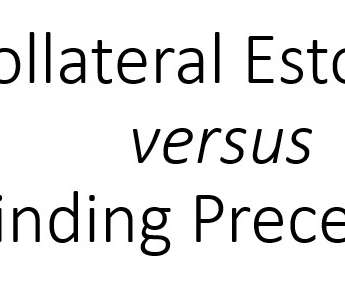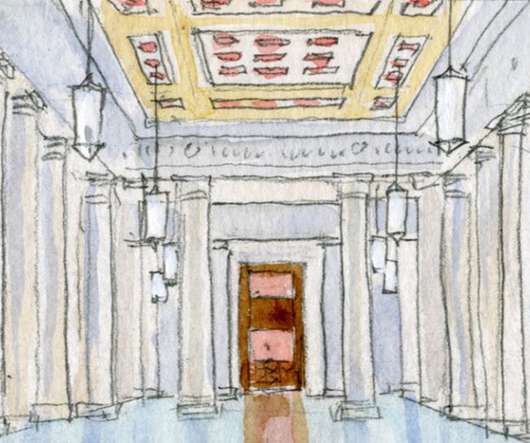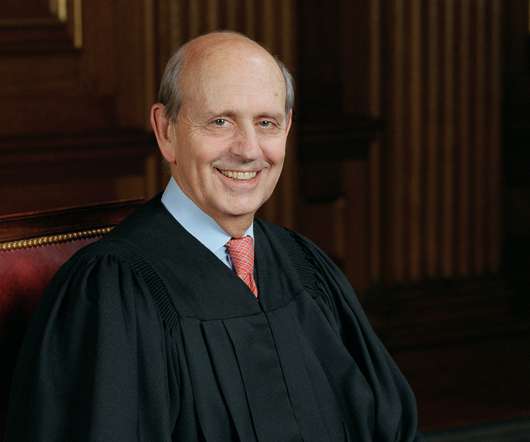Law Needs A Balance Between Humanism And Formalism
Law 360
MAY 1, 2023
A recent Law360 guest article rightly questions the pretextual pseudo-originalism that permits ideology to masquerade as judicial philosophy, but the cure would kill the patient because directness, simplicity and humanness are achievable without renouncing form or sacrificing stare decisis, says Vanessa Kubota at the Arizona Court of Appeals.














Let's personalize your content